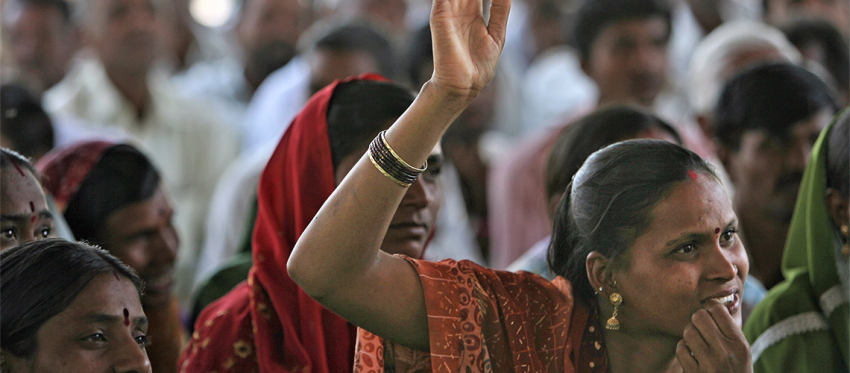
At this stage of the pandemic, Supreme Audit Institutions (SAI) all over the world are grappling with the question of what to do now and how to plan for the future. The World Bank’s latest paper on the ‘Role of Supreme Audit Institutions in Governments’ Response to COVID-19: Emergency and Post-emergency Phases’ underscores the importance of transparency, accountability, and engaging citizens and civil society organizations (CSO) to counter perceptions of corruption.
Participatory auditing led by SAIs, with various stakeholders’ participation has evolved over time. Successful approaches, which can be useful during COVID-19, vary in terms of the level of involvement of citizens and CSOs. In rare cases, SAIs may conduct audits jointly with citizens and CSOs. On the other end of the spectrum, audit plans can be developed based on complaints from citizens and CSOs.
During the emergency phase, auditors are expected to not hinder governments’ rapid responses to the pandemic. So, direct CSOs and citizen participation may not be appropriate during this stage. However, in countries where SAIs have the mandate to conduct ‘pre-audit’ or ‘ex-ante’ audits, this can be done through citizen participation using digital tools.
